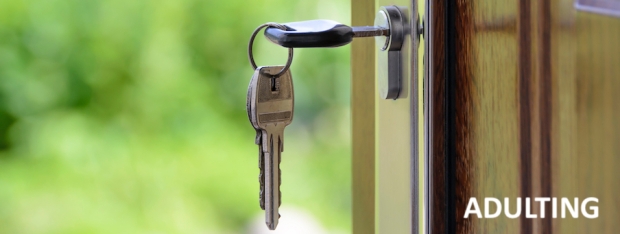
Probably for the first time in the history of my personal blogging, I’ve brought together all my writings under a single site. Since migrating kevlow.com to a self-hosted platform (though you probably won’t be able to tell), I’ve pulled in some of the even older pieces of writing I’ve put out on the internet. This includes blog entries written from as far back as 2005.
Looking through my entries, there was the period of 2011-2013 when I wasn’t so active probably because I was busy in LSE. It was probably a bit of a shame because those were some really formative years as well in terms of the development of my academic thinking and also integration of my faith into my intellectual identity. Perhaps I had wanted to keep things a bit more private. I would like to point out that those were also years when Tim Keller’s writings engaged my mind so much more.
The focus of my writings has certainly evolved significantly especially with the addition of topics around energy and climate. My passion for education and learning was more dominant earlier in my writing though I wouldn’t consider it to have died down from then. My interest in other topics had expanded.
I could have continued to keep my writings in different niches and have them separate but I realised that in some sense, they were reinforcing one another and were all products of my principles and conviction that drove me. After years of refinement, my conviction is still towards this broader theme of trying to create a future that we all want to live in. Whether it’s energy, education, sustainability or economic development, I am future-oriented and all for investing in what is to come.









